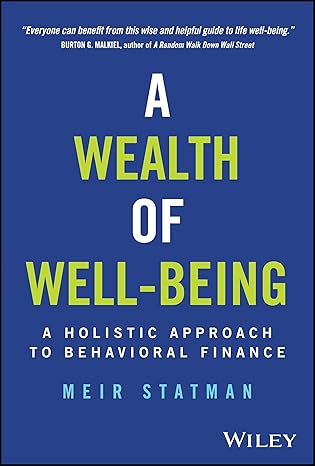Smaller than We Thought? The Effect of Automatic Savings Policies
By James J. Choi, David Laibson, Jordan Cammarota, Richard Lombardo & John Beshears Medium- and long-run dynamics undermine the effect of automatic enrollment and default savings-rate auto-escalation on retirement savings. Our analysis of nine 401(k) plans incorporates the facts that employees frequently leave firms (often before matching contributions from their employer have fully vested), a large percentage of 401(k) balances are withdrawn upon employment separation, and many employees opt out of auto-escalation. Steady-state saving rates increase by 0.6% of income due to automatic enrollment and...










